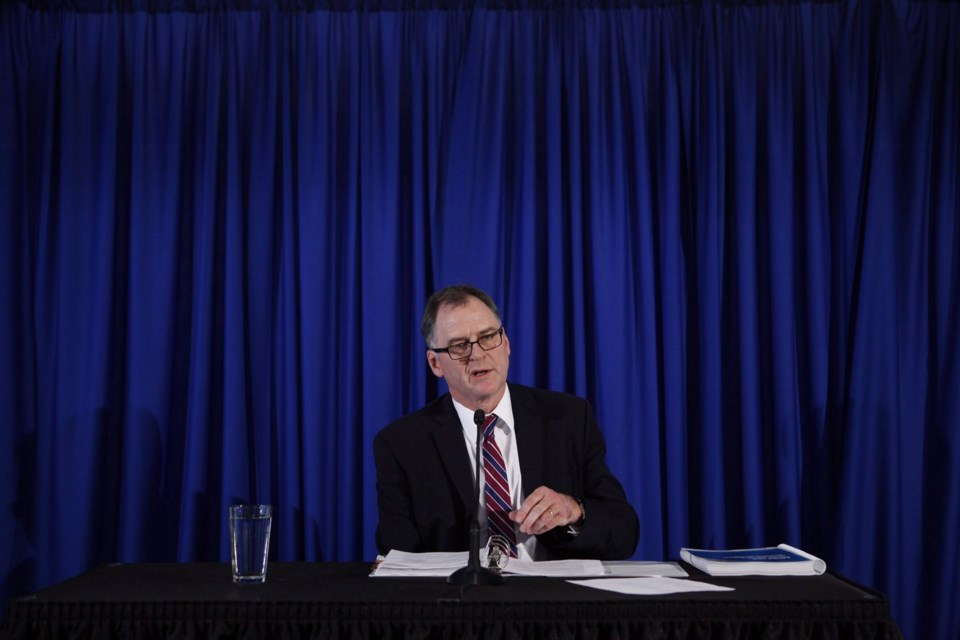VICTORIA — British Columbia's ombudsperson has a list of criticisms for the province over the way it has treated Doukhobor survivors months after the premier apologized for the government's removal of the children from their families in the 1950s.
A statement from Jay Chalke says the government is being vague about who is eligible for promised compensation, and its communication is so inconsistent and unclear that survivors are coming to his office for help.
Hundreds of children whose parents were members of the Sons of Freedom Doukhobor religious group were taken from their homes more than 70 years ago and sent to live in a former tuberculosis sanatorium in New Denver, B.C.
Chalke's statement says given Eby's "solemn apology" in the legislature, he's surprised the province's follow-up communication fell so short.
He says the government has confirmed that each survivor unjustly taken to New Denver will get $18,000 in compensation, which he says is inadequate as nearly two-thirds of the $10-million "recognition package" is going to other purposes.
The province announced in February that the money would also be used for community programs and education to provide "lasting recognition of historical wrongs" against members of the religious group and their families.
Chalke says the situation is further complicated because the government hasn't provided clear information to survivors or descendants about any financial consequences of receiving the compensation.
Many of the survivors are living on a fixed income and Chalke says the province needs to make sure that accepting the money doesn't have negative financial impacts on means-tested programs.
"This is important to ensure that the compensation is not clawed back, for example, through reduced seniors benefits or increased long-term care fees," his statement says.
"I call on government to develop and share with the community its plan for contacting all survivors and descendants, providing timely, accurate information about government’s compensation program and responding to their questions."
Chalke says he will be closely monitoring the next steps the government takes and he will continue to report on the situation publicly.
This report by The Canadian Press was first published Sept. 17, 2024.
The Canadian Press



